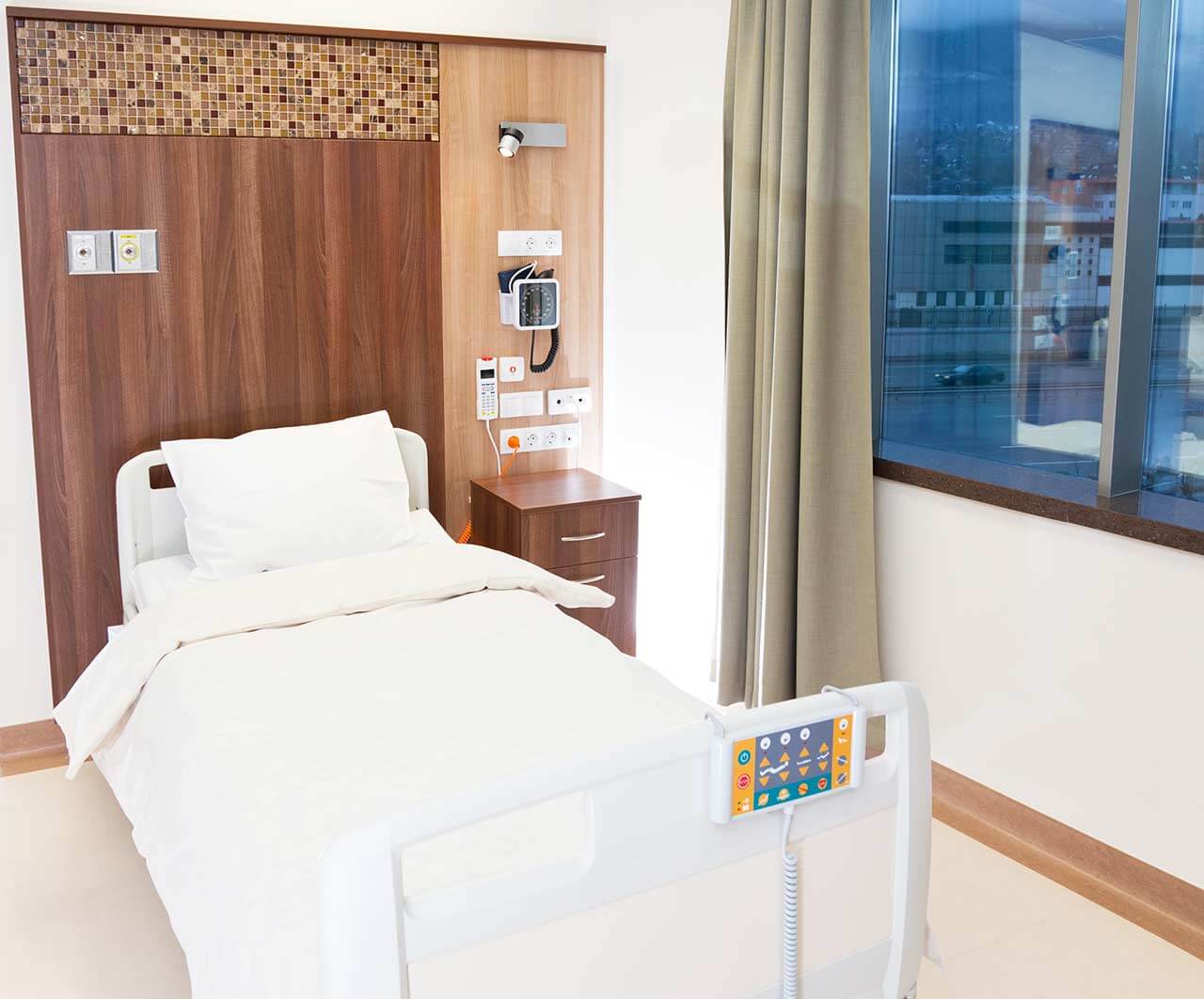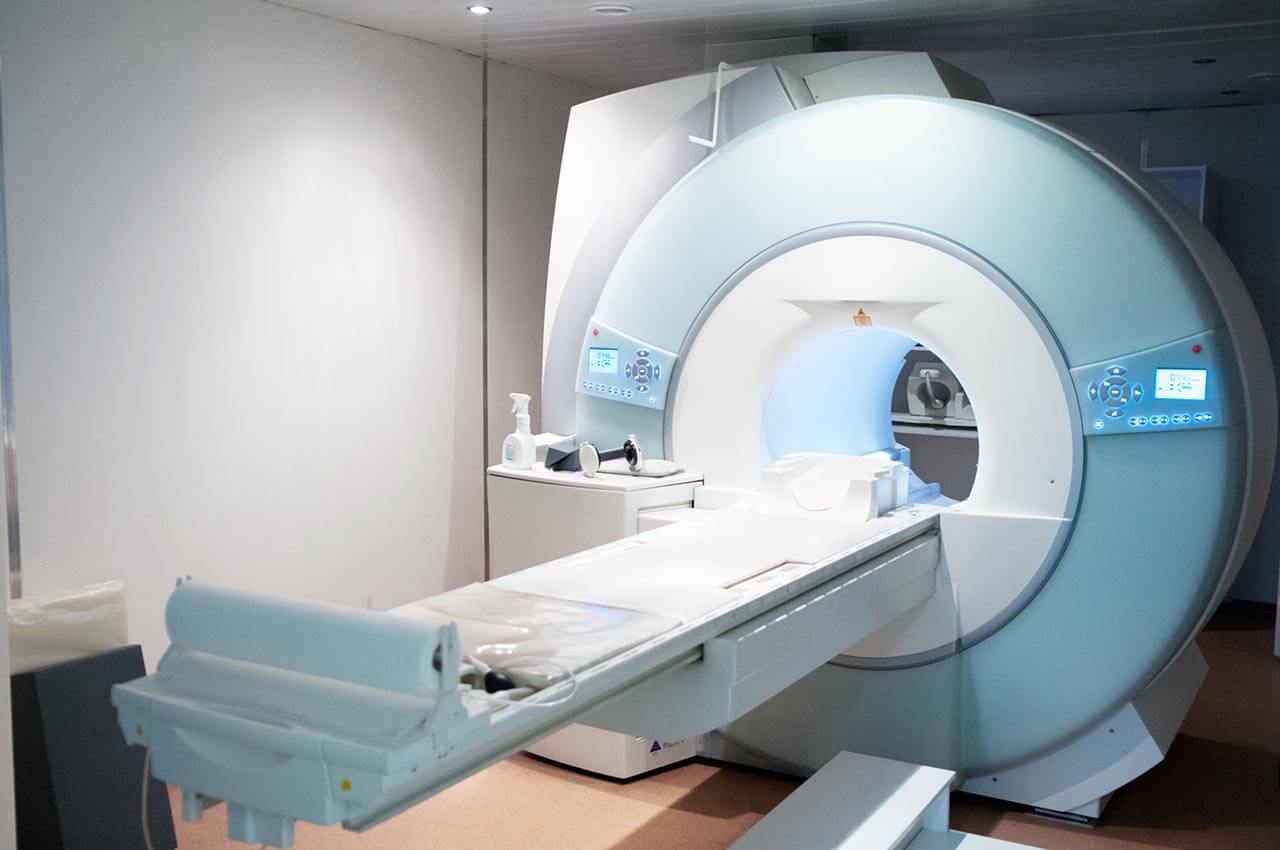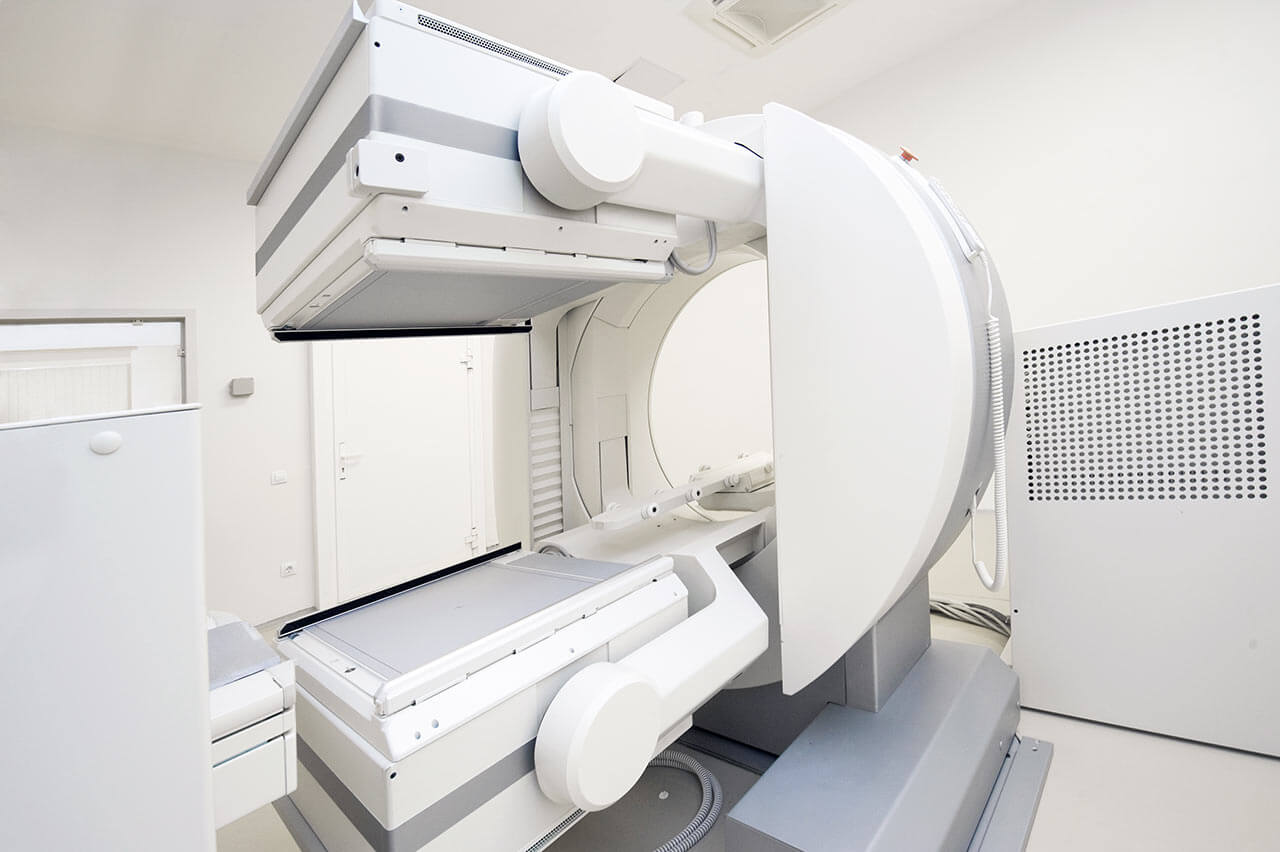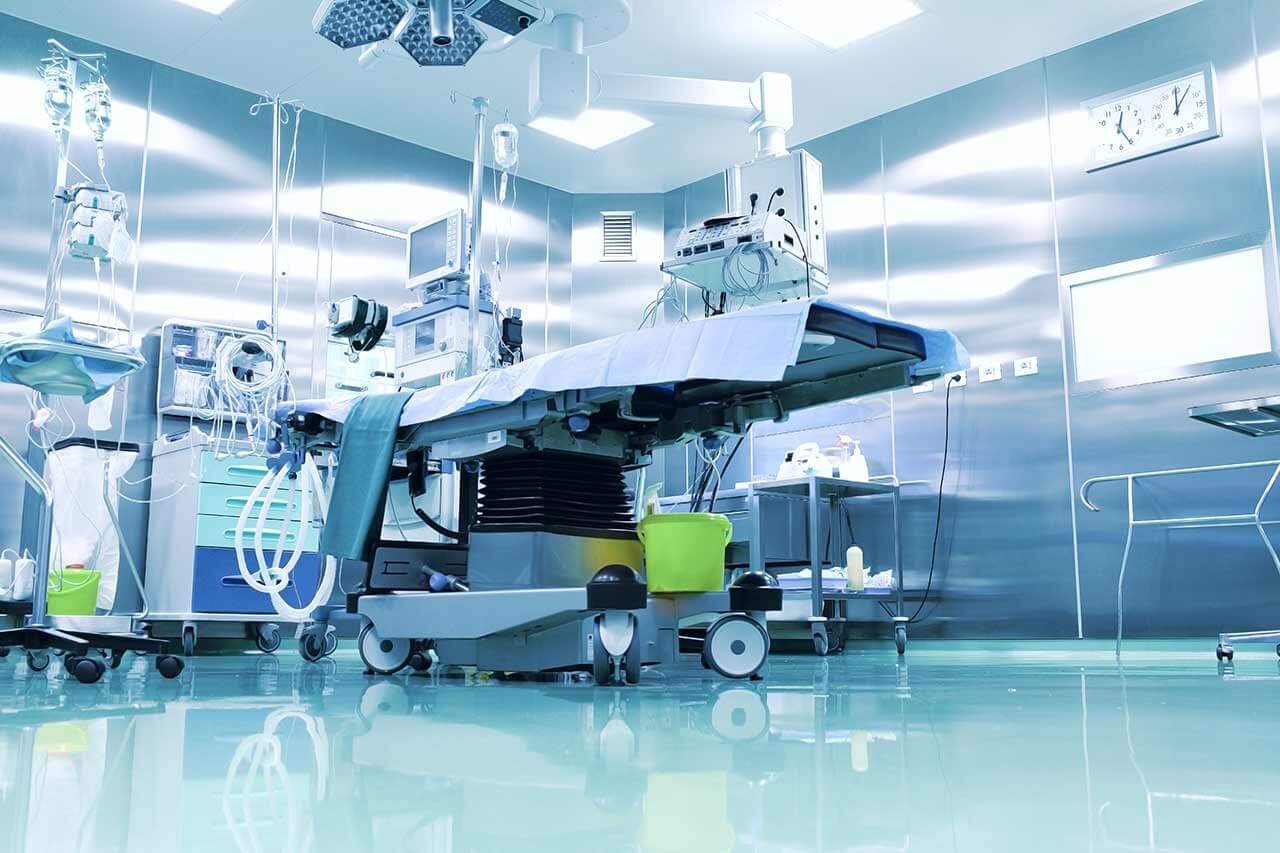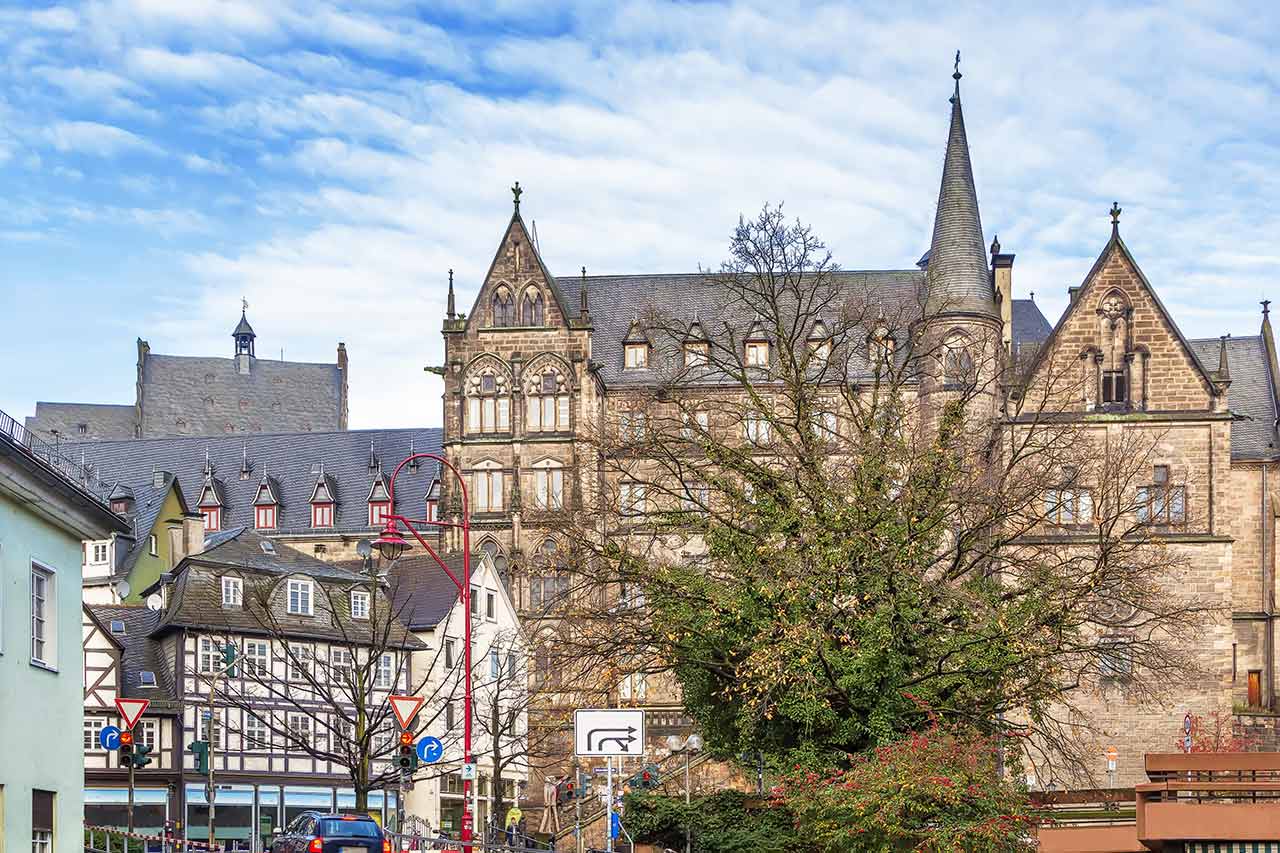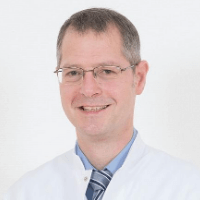
The program includes:
- Initial presentation in the clinic
- clinical history taking
- physical examination
- laboratory tests:
- complete blood count
- biochemical analysis of blood
- Lipid metabolism (HDL/LDL, cholesterol,
triglycerides Lip(a), homocysteine) - blood coagulation analysis (aPTT, PT, INR)
- inflammation indicators (CRP, ESR)
- metabolic status (uric acid, total glucose, HbA1c)
- cardiovascular disease risk markers
- kidney function test (creatinine, urea)
- TSH
- doppler/ duplex receptacles of lower extremities
- angio-MRI from aorta and of lower extremities
- duplex peripheral arteries
- preoperative care
- open endarterectomy or angeoplasty
- daily wound care
- blood transfusions (if needed)
- symptomatic treatment
- control examinations
- the cost of essential medicines and materials
- nursing services
- full hospital accommodation
- developing of further guidance
Required documents
- Medical records
- X-ray examination (if available)
Service
You may also book:
 BookingHealth Price from:
BookingHealth Price from:
About the department
The Department of Cardiothoracic Surgery at the University Hospital Marburg UKGM offers the full range of surgical interventions in this field, with the exception of heart transplantation. The department is headed by Prof. Dr. med. Ardawan Julian Rastan.
The key tasks of the department’s specialists include vascular interventions on the large thoracic arteries, surgical treatment of coronary heart disease and its complications, reconstruction or replacement of affected heart valves and surgical treatment of heart rhythm disorders. The department is one of the leading Research Centers in Germany in the field of coronary artery bypass grafting and surgical treatment of coronary heart disease.
The department provides patients with the full range of heart valve surgery. Heart valve surgery, along with coronary artery bypass grafting, are among the most common surgeries in adults. During most interventions, the affected heart valve is replaced with a biological or mechanical prosthesis. Such operations include the simple replacement of the aortic and mitral valves with a biological or mechanical prosthesis during an isolated intervention on the heart valves or combined surgical treatment of other heart diseases (for example, coronary artery bypass grafting). Another priority in this area is reconstructive heart valve surgery, in which the affected valve is preserved.
In total, the department’s medical team annually performs about 1,200 operations, most of which are open heart surgical procedures using a heart-lung machine.
The department’s spectrum of medical services includes:
- Aortic surgery
- Surgery to treat aortic aneurysm
- Surgery to treat aortic dissection
- Heart valve surgery
- Aortic valve diseases (aortic valve stenosis, aortic valve insufficiency)
- Aortic valve reconstruction
- Aortic valve replacement with a mechanical or biological prosthesis
- Mitral valve disease (mitral valve stenosis, mitral valve insufficiency)
- Mitral valve reconstruction
- Mitral valve replacement using a mechanical or biological prosthesis
- Tricuspid valve diseases (tricuspid valve insufficiency
- Tricuspid valve reconstruction
- Tricuspid valve replacement
- Aortic valve diseases (aortic valve stenosis, aortic valve insufficiency)
- Surgical treatment of heart rhythm disorders (bradycardia, tachycardia)
- Pacemaker implantation
- Surgical treatment of coronary heart disease
- Classic coronary artery bypass grafting
- Off‐pump coronary artery bypass surgery
- Use of mechanical support systems for heart and lung
- Extracorporeal membrane oxygenation in acute respiratory distress in adults
- Intra-aortic balloon pump for acute left-sided heart failure
- Other therapeutic options
Curriculum vitae
Since October 1, 2017, Prof. Dr. med. Ardawan Julian Rastan has been the Head of the Department of Cardiothoracic Surgery at the University Hospital Marburg UKGM, as well as W3 Professor at Philipps University of Marburg.
Dr. Rastan studied medicine at the University of Regensburg and the Julius Maximilian University of Würzburg. He began his clinical training in Cardiothoracic Surgery at the University of Göttingen, which was followed by work at the Heart Center Leipzig. Since 2005, he worked as a Senior Physician at the Heart Center Leipzig, where he made a significant contribution to the development of minimally invasive heart surgery and interventional procedures on the heart valves.
Photo of the doctor: (c) UKGM - Universitätsklinikum Gießen und Marburg GmbH
In 2012, the doctor took the post of the Head of the Department of Cardiac Surgery at the Heart Center Rotenburg. In 2016, he also became the Medical Director of the Center. After taking the position at the University Hospital Marburg UKGM, the doctor remained in a managing position at the Heart Center Rotenburg.
The main clinical and scientific focuses include catheter-assisted heart valve implantation procedures, video-assisted heart valve surgery, general coronary surgery.
Photo of the doctor: (c) UKGM - Universitätsklinikum Gießen und Marburg GmbH
About hospital
The University Hospital Marburg UKGM offers patients modern diagnostics and comprehensive therapy at the international level. As a maximum care hospital, the medical facility specializes in all fields of modern medicine ranging from ophthalmology to traumatology and dentistry. The main areas of specialization of the hospital are surgery, neurosurgery, oncology, nephrology with kidney transplantation and children's medicine.
The hospital is the third largest in Germany. Every year, more than 436,000 patients are treated in two locations of the hospital (Giessen and Marburg): 342,000 in outpatient and 94,000 inpatient settings. The medical facility is the first privatized university hospital in the country.
The hospital staff makes a significant contribution to the development of research activities at the Faculty of Medicine of the Justus Liebig University Giessen and the Philipps University of Marburg. To develop new diagnostic and therapeutic methods, as well as to implement them into clinical practice, the specialists maintain active cooperation in a large number of areas.
The widest range of diagnostic and therapeutic services, the advanced infrastructure and technical base, high quality of treatment and professionalism of health workers contribute to the fact that the medical facility has an excellent reputation not only in Germany, but also far beyond its borders.
Photo: (c) depositphotos
Accommodation in hospital
Patients rooms
The patients of the University Hospital Marburg UKGM live in comfortable single and double rooms made in a modern design and light colors. Each room has an ensuite bathroom with shower and toilet. The pediatric departments provide patient rooms for the joint accommodation of mother and child. The standard room furnishing includes an automatically adjustable bed, bedside table, wardrobe, TV, telephone.
Meals and Menus
The patients of the hospital are offered balanced, healthy three meals a day: buffet breakfast, lunch and dinner. The private kitchen, certified according to DIN EN ISO 9001: 2000, is responsible for providing patients with food and drinks.
If for some reason you do not eat all foods, you will be offered an individual menu. The hospital also has a cafeteria with a large assortment of hot and cold drinks, snacks and desserts.
Further details
Standard rooms include:
Television
All patient rooms are equipped with TV sets. If you have some questions about TV use, please contact medical personnel.
Religion
Religious services can be provided upon request.
Accompanying person
During an inpatient program, an accompanying person can stay with you in a patient room or in a hotel of your choice.
Hotel
During the outpatient program, you can stay at the hotel of your choice. Our managers will help you choose the most suitable option.
